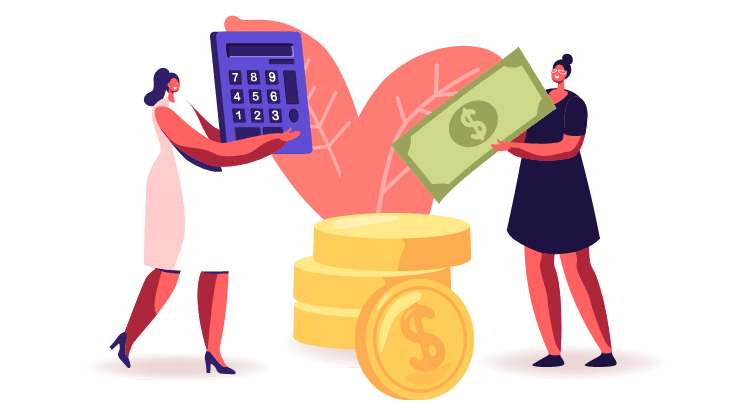Here’s a revealing exercise. How would you complete the sentence: I’d love to make more money, but_______________.
You probably came up with some perfectly good reasons why you can’t: “I’m too old. I’m too young. I don’t have time. I have little kids. I don’t want to work that hard.”
|
Your reasons may feel rational. But they are not the truth. They are simply deep-seated beliefs, messages you repeatedly heard growing up that have become deeply embedded in your brain. |










